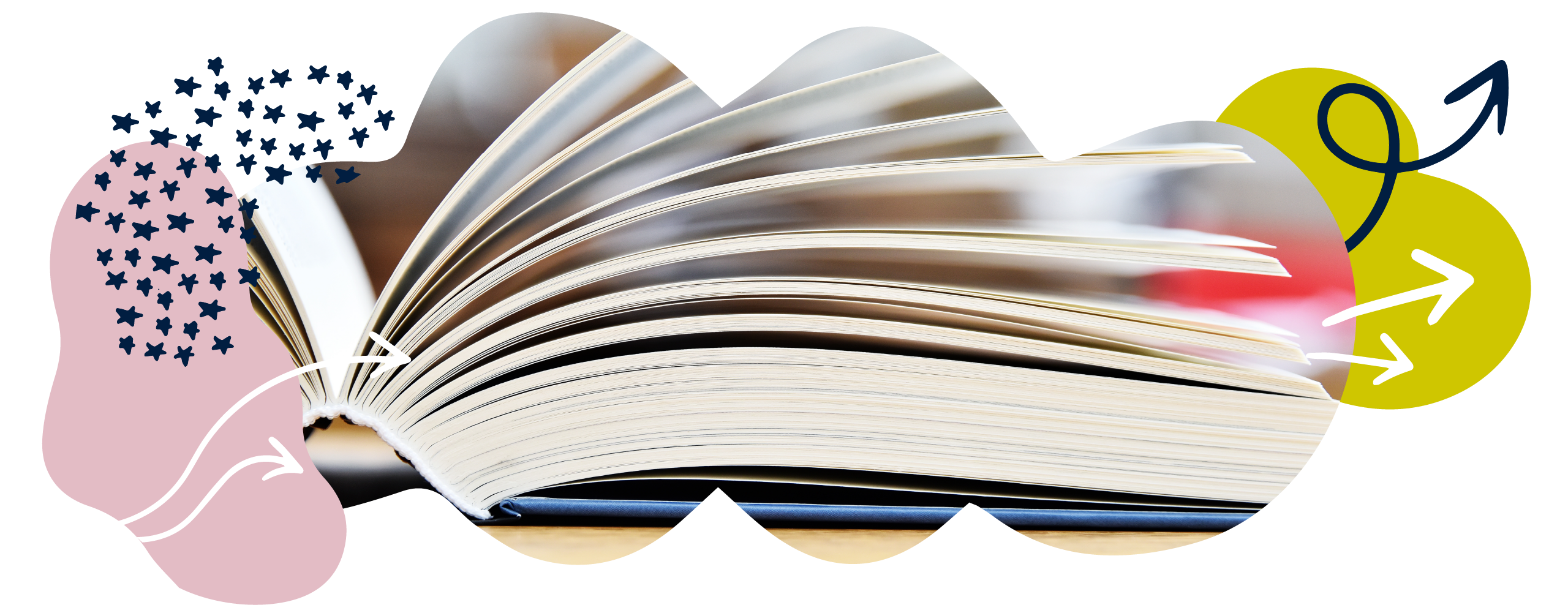Education glossary
Need a refresher on SATs or want to find out about flashcards? Take a look at our guide to common terms and phrases used in schools.
For help with grammar and literacy, take a look at the Grammar and literacy glossary.
For help with maths terms, take a look at the Maths glossary.
A | B | C | D | E | F | G | H | I | J | K | L | M | N | O | P | Q | R | S | T | U | V | W | X | Y | Z
Catch up
It is often used as a term for an intervention programme but it is also a not-for-profit organisation that provides training techniques to support teachers to help children identified as underachieving: www.catchup.org.
One-to-one correspondence
Being able to match one object to one other object or person. Children need to learn one-to-one correspondence in order to be able to count.
This can be practised in a number of different play situations, such as laying the table, or setting out a tea party. For example, each person at the table needs ‘one’ cup.
